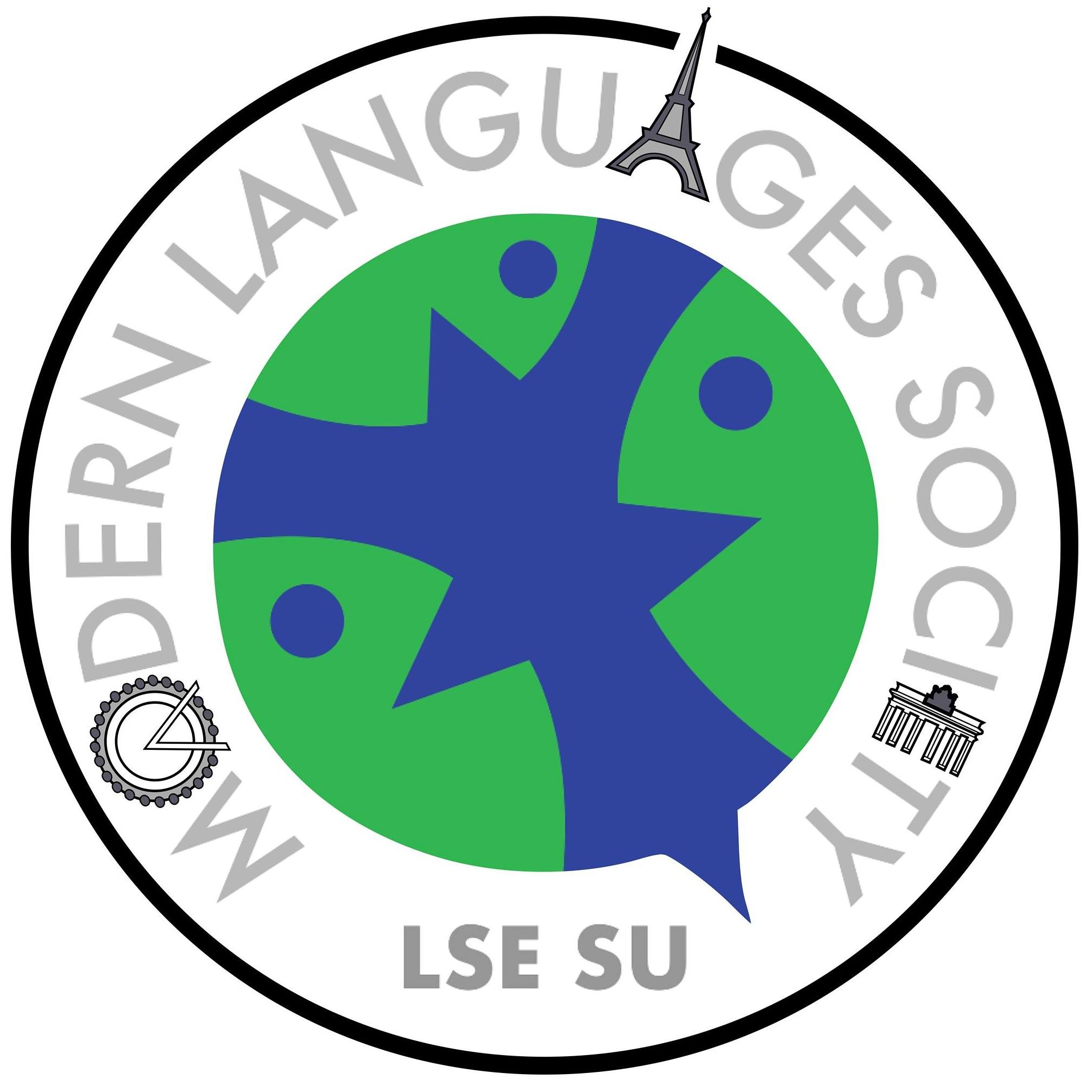“The limits of my language mean the limits of my world.” -Ludwig Wittgenstein
When an individual only has the ability to communicate in a single language, they will miss out on a wealth of so many social, cultural and work opportunities in an increasingly globalised world. Learning a language is more than just about using it to show off in various settings that you find yourself in throughout your life although it can still be a great confidence booster. It also helps broaden your skill set, in particular, it strengthens the extremely useful cognitive and memory abilities that we can translate (no pun intended) into our academic lives.

Join a non-degree language course at the Language Centre
As a student in LSE you have a wealth of opportunities, one of which are the non-degree language courses located in the Language Centre. With a choice of 9 languages, many of which are well-spoken and used worldwide you are likely to find something that suits you. Similarly, there are options for both beginners and non-beginners which correspond to the 6 levels of the Common European Framework of Reference for Languages (CEFR) scale. Registration opens only once at the start of the academic year so this option may be worth considering if you are an undergraduate student or are continuing your studies with LSE in future years. However, there is an oral and written exam component as well as a £315 fee, so long-term commitment is something you have to keep in mind before deciding to sign up. There are also options for French learners to take the DELF and DALF exams to prove their language proficiency to future employers. Given London’s international status, proficiency tests for many other languages are also available in various institutes around the city.

Other Language Centre opportunities
If you’re looking for something less stressful on both your finances and timetable there is a LSE Language Community which can be found on this Moodle page. It offers a wide range of language exchange and practice opportunities such as 1-1 sessions, conversation circles, and bitesize sessions. With Tandem Learning, a two-way volunteer model between two native speakers, you can switch between strengthening your command of the language or teaching skills or you could take on the role of a student. Overall, these options provide a more flexible and improvisatory approach to language learning and are also a useful resource for more advanced learners who would like to complement class-based learning with spontaneous speaking environments.
Take advantage of the international community at the LSE
You’ve probably heard that LSE is an international university so many times that you can’t even count anymore but it holds this status for a reason. With over 140 different countries represented and 70% of the LSE student body from outside of the UK, you are sure to find someone from every corner of the country. This network of connections makes the study abroad programmes at LSE extremely attractive and something 1st-year undergraduates should think of applying for and 3rd years thinking of Master’s programmes should consider the Dual Degree options. Moreover, there are many country-specific student societies and a dedicated LSE SU Modern Languages Society that host frequent cultural and language exchange events. It’s a great way to broaden your horizons and socialise with people from outside your culture.

Extend your learning with online resources
Before the pandemic, many online language learning opportunities were starting to gain traction but during lockdown, an unprecedented boom shook the system. Arguably, this is the most flexible and affordable option as all the activities are done at your own pace and at times convenient to your schedule. I would highly recommend this option for beginners as you won’t have to fear making mistakes in front of everyone and helps develop your foundation before stepping into a classroom environment. The best platforms to use are Duolingo, Babbel which even offer ‘live’ options but require a subscription fee. Quizlet, is another fantastic tool when you’re looking to develop your own vocabulary sets, or if you’re short on time you could always search for existing ones.





